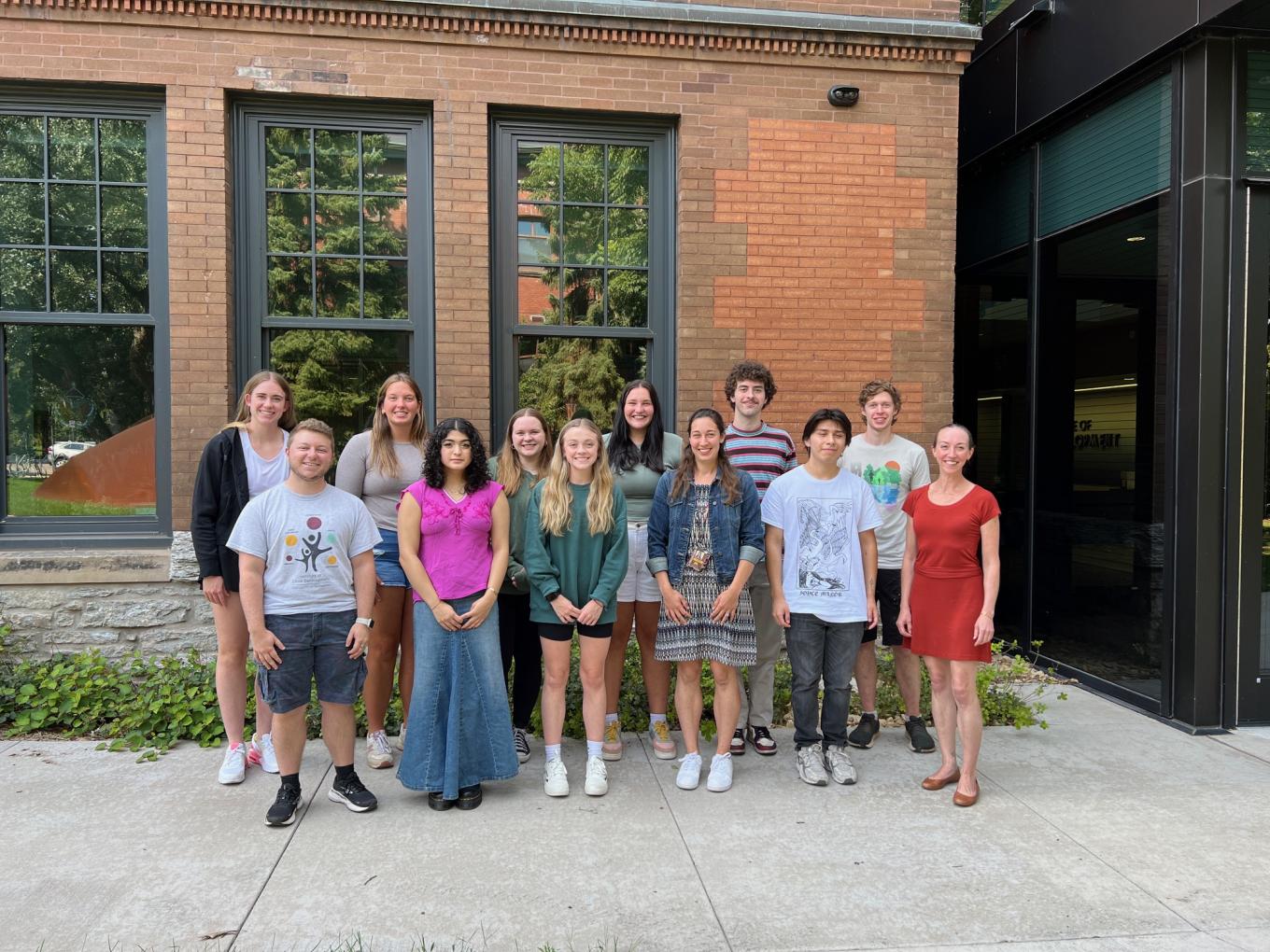The Family Cognitive Affective Neurodevelopment (Fam CAN) Lab

Welcome! The Family Cognitive Affective Neurodevelopment (Fam CAN) lab is interested in understanding the different processes that lead to the development of psychopathology. We focus in particular on major depression and substance abuse, two frequently co-morbid internalizing/externalizing disorders. Depression and substance abuse are common in adolescence and adulthood, and both are often preceded by problem behaviors and symptoms that are evident as early as the preschool years. Both have a tremendous burden on individuals and families, as well as broader costs to society.
The Fam CAN lab integrates developmental, clinical, and neuroscience methods to study the development of psychopathology. We take a lifetime developmental perspective, and our research projects include infants, children, adolescents, and adults. Because we aim to identify the underlying neural and behavioral processes that cause psychopathology (i.e., differentiating premorbid causal risk from effects of psychopathology on the brain and related behavior), we use study designs that are causally informative, including longitudinal, high-risk family, twin, and adoption designs. Our research takes a multimodal approach (e.g., behavioral, observational, neurocognitive, psychophysiological, magnetic resonance imaging [MRI]) that spans multiple levels of analysis and is sensitive to varied presentations in different developmental periods.
In addition to identifying individual difference factors that predict the development of psychopathology, an important aim of ours is to delineate the mechanisms by which early familial and environmental adversity disrupts and/or alters neurodevelopment in sensitive developmental periods, increasing risk for psychopathology. Research projects in the Fam CAN lab examine how aspects of the environment influence the brain during periods of rapid growth and change (e.g., infancy, adolescence), when the developing brain may be particularly vulnerable to stressful experiences. By identifying family and other environmental factors that are causally related to the development of psychopathology, our research has critical implications for preventing or halting the progression of internalizing/externalizing psychopathology, and for developing the most effective prevention and intervention programs for at-risk children, adolescents, adults, and their families.